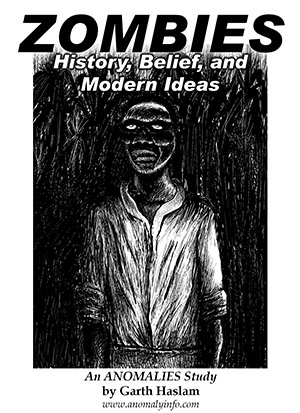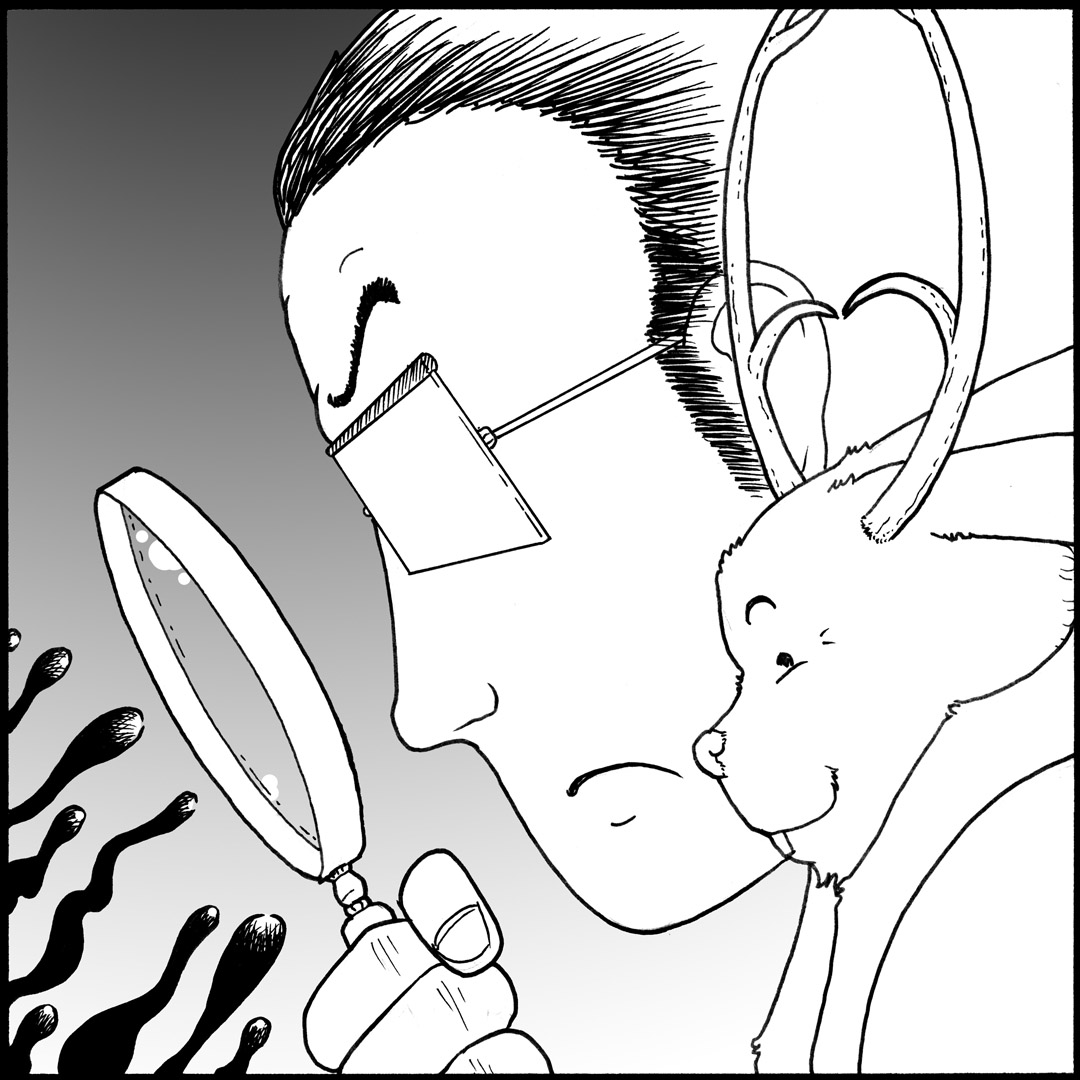1661, May 21: Rain of Wheat at Tuchbrooke, England
On Saturday, May 21, 1661, according to residents of Tuchbrooke, England, wheat rained down upon the town and the fields, church, castle, and priory in the area. When word of the event reached Warwick, about two miles away, inhabitants of that town, including a Mr. William Halyburton, went to investigate. They "saw great quantities" of wheat all around Tuchbrooke... and a man named Arthur Mason, from Shropshire, assured them that it had rained similarly in many places in that county.
On the 30th of May, Mr. Henry Puckering of Warwick took a letter stating the facts of the event from Halyburton, along with a sample of the seeds, to no one less than the king. The evidence was taken to the society at Gresham College, who flat out didn't believe the story. More letters were procured from the ministers, physicians, and baliffs of Warwick attesting to the facts. Before the next meeting of the society, however, a Col. Tuck gathered some ivy-berries which, after removing the pulp, he compared with the mysterious seeds from Tuchbrooke. The society concluded that the "wheat" seeds and the ivy-berry seeds were one and the same and that, therefore, the miraculous appearance of the 'wheat' seed at Tuchbrooke and other counties was due to birds eating ivy-berries and excreating the seeds.
What the society's decision didn't address was exactly how many birds and berries were needed to create a sudden appearance of "great quanties" of these seeds over at least two countys... which would be as big a miracle as having wheat fall from the sky to start with!
Anomalies -- the Strange & Unexplained, as well as my other website -- Monsters Here & There -- are supported by patrons, people like you! All new Anomalies articles are now posted for my patrons only, along with exclusive content made just for them. You can become a patron for just $1 a month!
|








